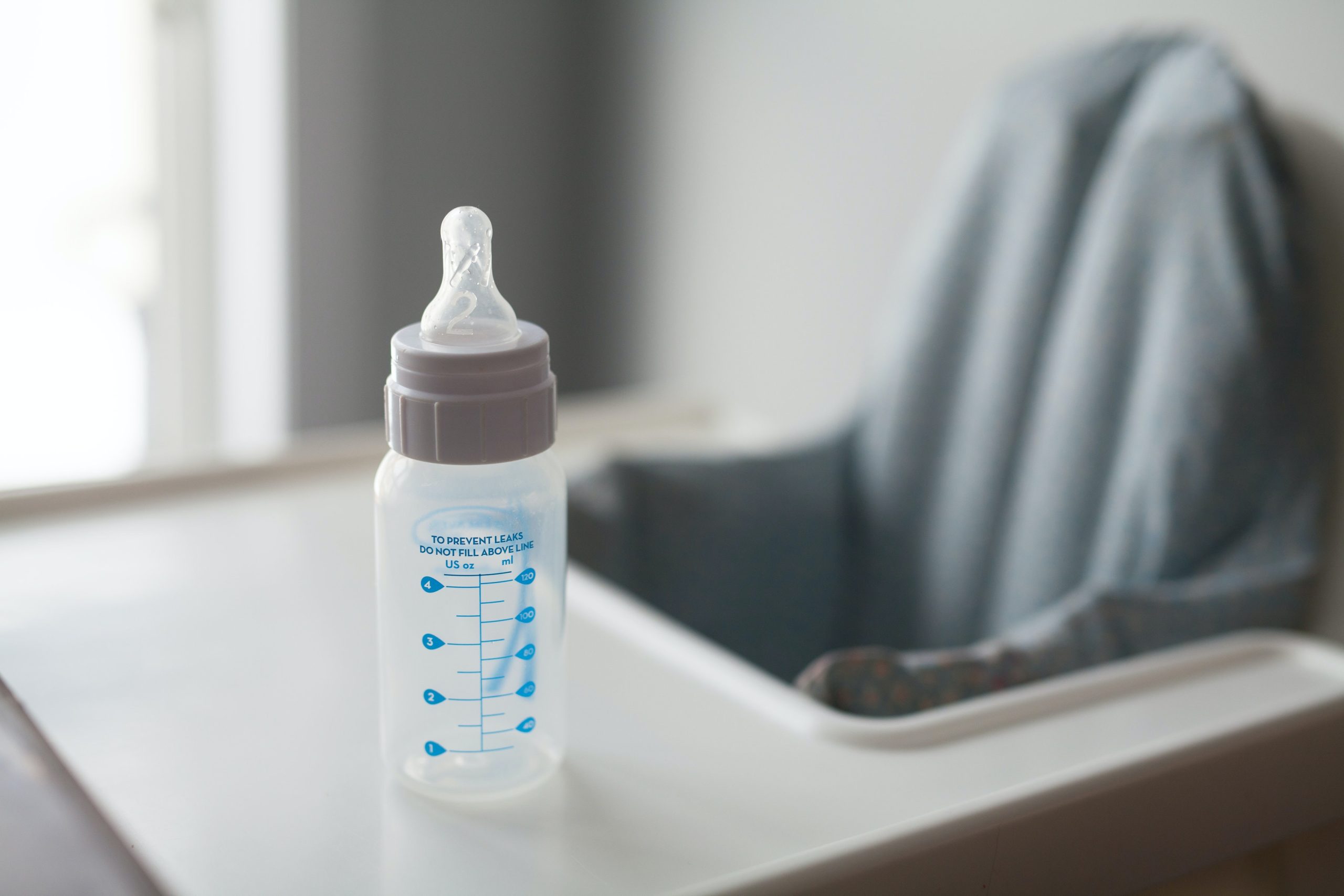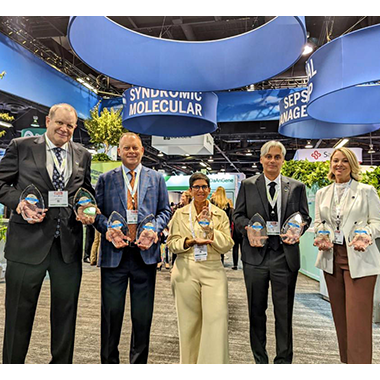

A recent study that tracked the investigation into a Salmonella outbreak in Quebec, Canada, found that contamination in a restaurant’s drain system—potentially caused by the extinguishment of a kitchen fire—led to the spread of the pathogen.

A recent study that tracked the investigation into a Salmonella outbreak in Quebec, Canada, found that contamination in a restaurant’s drain system—potentially caused by the extinguishment of a kitchen fire—led to the spread of the pathogen.

Stratified sampling of powdered products, such as infant formula, can increase the chances of catching Cronobacter contamination, while not requiring excessive sampling.

The company received nine IMV ServiceTrak Clinical Laboratory Awards in the categories of Immunoassay, ID/AST and Blood Culture excellence.

Panelists at the IAFP Conference “From Bench-top to Scale Up: The Unspoken Food Safety Challenges of Research and Development” session highlighted areas of regulatory and food safety risk during R&D, as well as potential solutions to prevent delays in bringing new products to market.

Undeclared allergens are the leading cause of food and beverage recalls. While government regulations aim to protect individuals with food allergies by requiring food labels to disclose ingredients, the fast-paced and ever-changing landscape of food regulation creates opportunities for risks such as allergen cross-contact. By developing an Allergen Management Program, businesses can lessen the risk of costly contaminations, recalls and reputational damage.

Infant food safety, including new arsenic and cadmium action levels, supplements and menu labeling, are among the priority draft and final guidances the FDA plans to address before the end of 2023.

The updated action plan includes refined strategies, a report on accomplishments and three new actions that have been identified by the task force: advancing root cause analyses procedures, building a repository of Cyclospora oocysts that can be used for research and advancing the methods to conduct such research.

The study found that Listeria serotypes were inherent in the facilities and moving from zone 1 to 3, and all isolates obtained from the environment after cleaning were sensitive to biocides.

The agency will continue to monitor arsenic in apple juice samples and if testing identifies inorganic arsenic in apple juice above 10 ppb, the FDA will consider this action level, in addition to other factors, to determine whether to take enforcement action.

Ben Pascal, head of xPRO at bioMérieux, discusses challenges and recent advances in the development of molecular assays, and how predictive diagnostics are helping companies improve quality and make more informed decisions about their products.